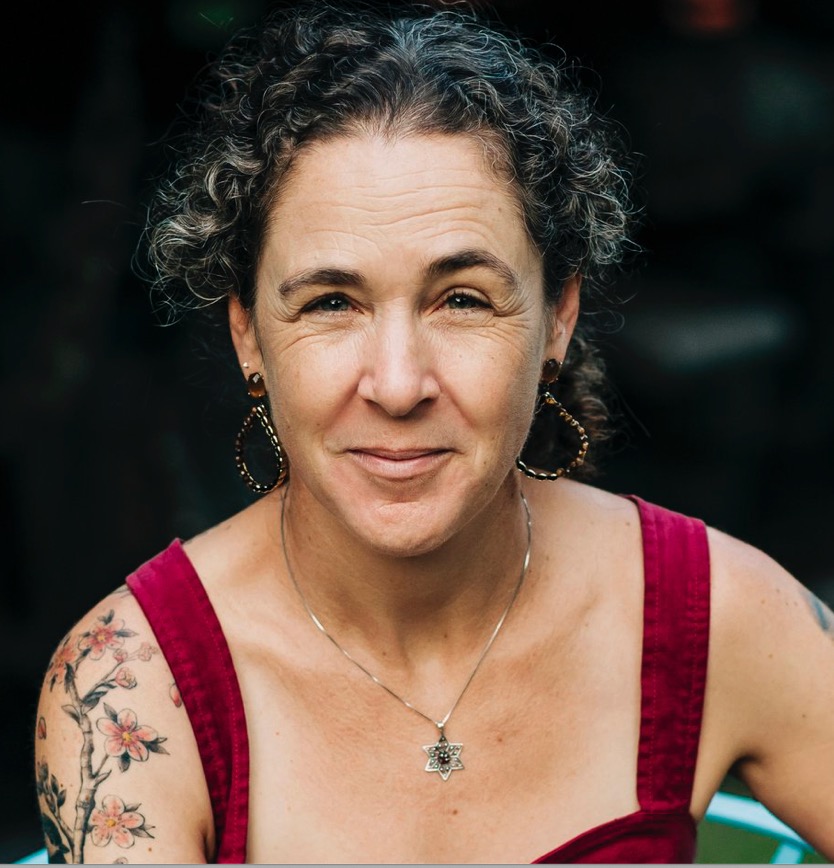Opinion: With The Crisis in The Amherst Schools, The Listening Must Go Both Ways

Photo: istock

Two recent opinion pieces in the Daily Hampshire Gazette and Amherst Bulletin about the ongoing tensions between some members of the public and the Amherst Regional School district’s response to anti-LGBTQIA+ bullying and abuses lead me to wonder whether either writer has taken the time to learn what occurred. I had a similar experience while canvassing for the Candidates for Change on a recent Sunday afternoon. It seems that there are many folks in Amherst who have strong opinions about things like civil discourse who don’t actually know all that much about what has happened in our schools over the past seven months.
Richard S. Bogartz (Demonizing the other side always counterproductive 9/25) writes, “I don’t know enough of the facts to take a side concerning what happened to LGBTQIA students at Amherst Regional Middle School.” His use of the word “if” in the following paragraph then slips by the reader, even as it calls into question parent Maxine Oland’s testimony of what her child endured. He goes on, “The above notwithstanding, if as Maxine Oland writes, it is true that middle school children ‘were barked at, called homophobic slurs, harassed in bathrooms, and were dismissed, misnamed, and misgendered by guidance counselors,’ then it is appropriate to find out what ideas, in which people, gave rise to these actions.”
Bogartz perpetuates the narrative that conflates the public’s calls for accountability, transparency, and equity with “personal attacks,” implying that the humanity of those in positions of power was somehow disregarded or disrespected. I find it difficult to read these statements and take them in good faith without also asking how the writer can put forth such concerns without having taken the time to learn more himself, especially when the depth of this situation is so well-recorded. In fact, one Amherst parent, Megan St. Marie, has devoted countless hours to tracking media coverage providing links to 225 articles on the subject.
I find myself curious as to how minds might begin to change if those expressing concerns about “personal attacks” did more learning and listening before writing.
I had a similar reaction to reading Carol Sharick’s piece two days later (‘All in this together’ – Don’t tear down School Committee, 9/27). I imagine Sharick and I share many of the same worries, namely that the left will destroy itself from within by becoming fragmented beyond repair rather than uniting under what I like to believe is a common goal of preserving democracy and uplifting the voices of those who continue to be sidelined and silenced. I also share Sharick’s belief that we need more thoughtful listening in order to build trusting relationships. Where I struggle is that her writing leaves me curious as to where she is getting her information. Consider her words:
“And now the loudest voices, who are rightfully scared for the safety and well-being of our kids, are out for blood. But rather than focusing on those responsible in the school, they are doing the GOP’s job for it, by making serving on the School Committee intolerable. We’ve had several empty seats on the School Committee because the hardworking volunteer members were no longer willing to put up with the vitriol directed at them. We’ve lost our superintendent, who spent his career working for Amherst’s kids. He really had little choice but to resign — the buck stops with him. But he was distant from the situation. And yet for some, the departure of School Committee members and the superintendent is not enough — they should remain and sit through endless hours of insults and hate.”
Sharick gives the superintendent an impressive pass here, one that does not reflect the reality of the situation. At an emergency Regional School Committee meeting with three hours of public comment in mid-May, teachers, staff, paraeducators, and parents came to the microphone to share their stories of trying to get help for LGBTQIA+ children who were suffering at ARMS, including bringing these reports directly to Morris. It does not take much reading to find this information. How does this jibe with, “He was distant from the situation”?
Here is where I begin to feel like I’m walking through a disturbing hall of distorted mirrors. Sharick writes that “the loudest voices” (presumably those who have consistently called for accountability, transparency, and equity) are “out for blood.” She seems to be using the very tactics she, Bogartz, and others express concern about: finger-pointing, othering, and demonizing. Not only that, but she goes on to ask, “Now we’re left with a bunch of positions that need to be permanently filled. Who would want these jobs?”
But if Sharick referenced the Town Council meeting on Monday, September 25, she could have answered her own question. Nearly a dozen Amherst residents stepped up to fill the temporary vacancies on the Regional School Committee, three of whom were selected that evening. And several deeply informed, compassionate, experienced members of our community are running, some as incumbents and others as first-timers, for open seats on the School Committee and Town Council. These candidates give me hope, hope that those who are complaining about “vitriol” might begin to hear if they themselves took the time to learn more and listen.
Sharick’s piece concludes: “We are Amherst. Education is at our core. Let’s be thoughtful. Let’s listen to each other. Let’s be constructive. Let’s assume good intentions. Let’s tone down the rhetoric. But let’s remember who we are, and remember that we are all in this together. Let’s not do the GOP’s job for them.”
…being admonished to tone it down while saying “we are all in this together” comes as a slap in the face to those who have been shut out and shut down. Until the listening goes both ways, we are not all in this together. The children who suffered at the hands of peers and counselors, and the adults who tried to help them, used every constructive avenue available to them.
I agree that we should be careful not to do the GOP’s job for them. However, being admonished to tone it down while saying “we are all in this together” comes as a slap in the face to those who have been shut out and shut down. Until the listening goes both ways, we are not all in this together. The children who suffered at the hands of peers and counselors, and the adults who tried to help them, used every constructive avenue available to them.
I find myself curious as to how minds might begin to change if those expressing concerns about “personal attacks” did more learning and listening before writing.
In the course of a single afternoon of knocking on doors, I was able to have some really thoughtful conversations with people who, it turned out, “just didn’t know.” And this is where Sharick and I are saying the same thing. Yes, let’s listen. And – I would add – let’s also be aware of the impulse to have a “kumbaya” mindset without doing the hard work of understanding why there is so much resistance to the accountability, transparency, and equity that we expect from our leaders. This does not dehumanize anyone; if anything, we are asking for more of each other’s humanity.
To be told to “tone it down” is loaded in a society that favors politeness over hard conversations; ask any woman, person of color, or LGBTQIA+ person who has advocated to be seen and heard and told they are being too angry, too demanding, or too entitled. It’s time for those who would rather toss around quips like “Amherst’s delightful feuds” to see that this is not a game anyone wants to play; this is a chance for all of us to find new ways of connecting and communicating that begin to acknowledge the toll of years of hurt being swept under the rug.
Jena Schwartz is a writing coach, parent, and resident of Amherst.

Jena I couldn’t agree with you more
Thanks so much for writing this heartfelt piece, Jena. Conversations like the ones you had while canvassing led me to start compiling the press list in July. During those talks, I kept hearing things like, “I haven’t really been following the story closely because it’s just so intense…” and “of course I am concerned about trans kids, but…” and “we don’t have all the facts…” I’ve read, watched, or listened to all 225+ pieces I’ve posted, and I keep hoping that if others engage with even a fraction of them—and especially Maxine Oland’s words, which she’s been sharing under her name since that May 16 RSC meeting—our community will be able to move toward true healing and repair while placing the affected children and their families at the very center of our hearts.